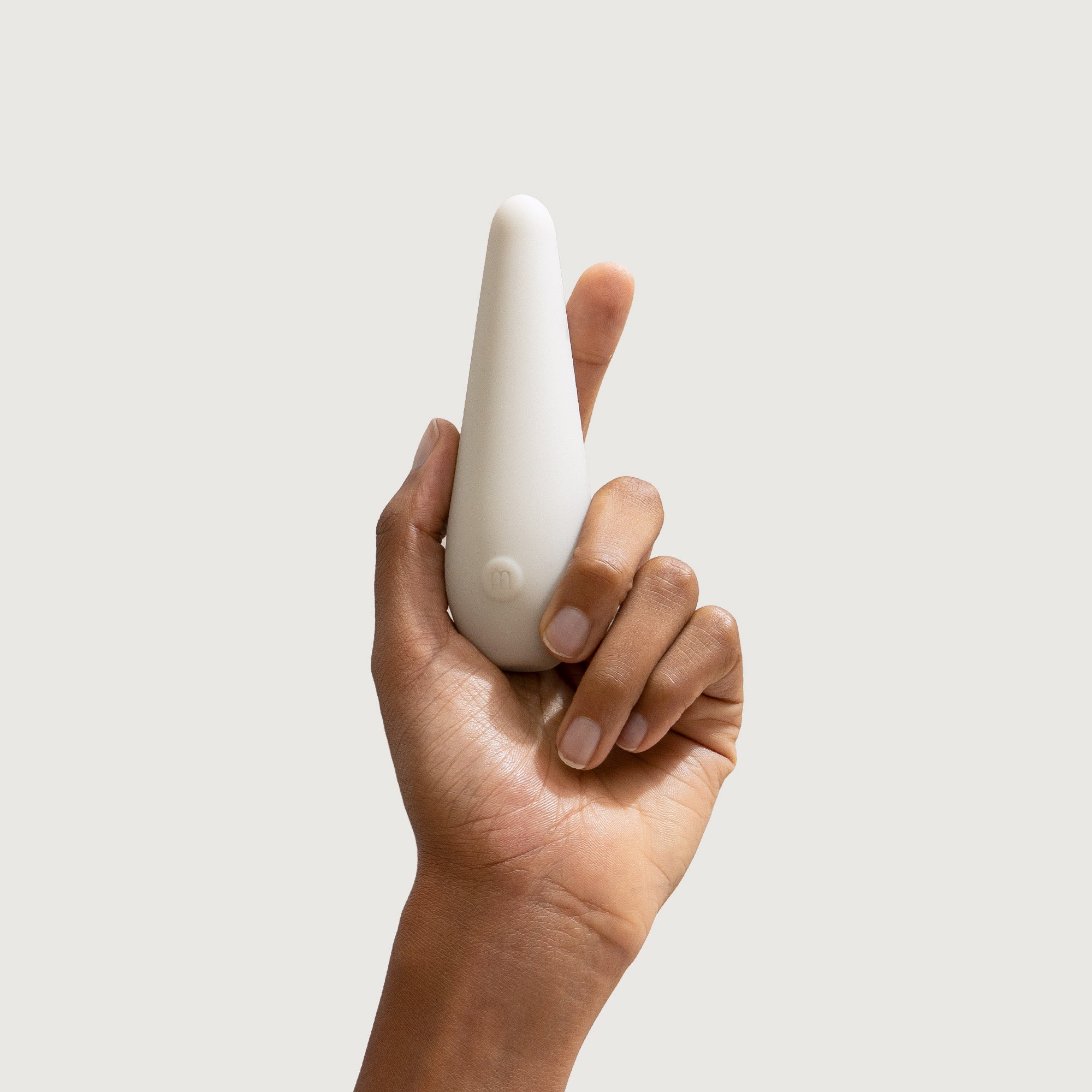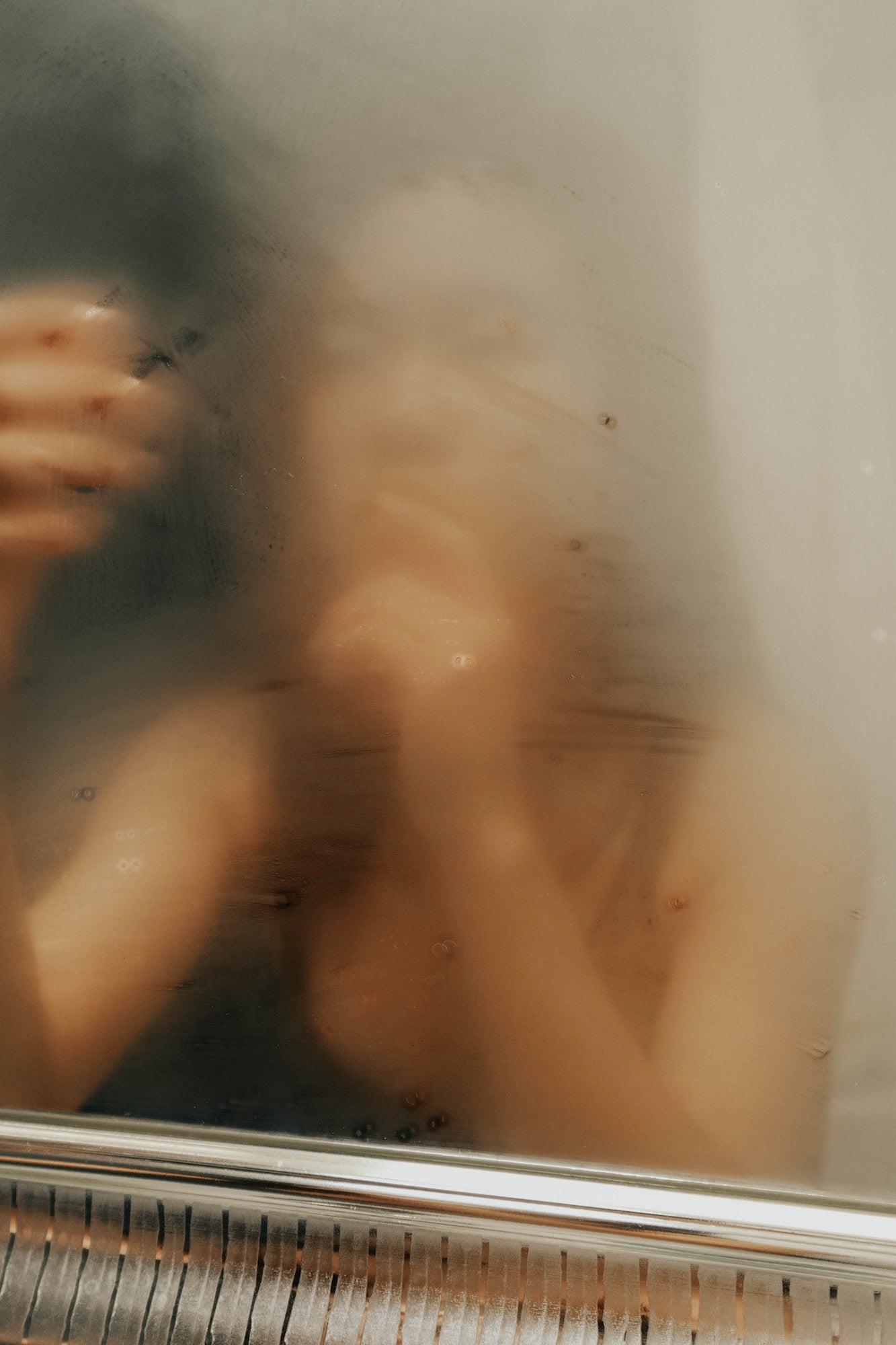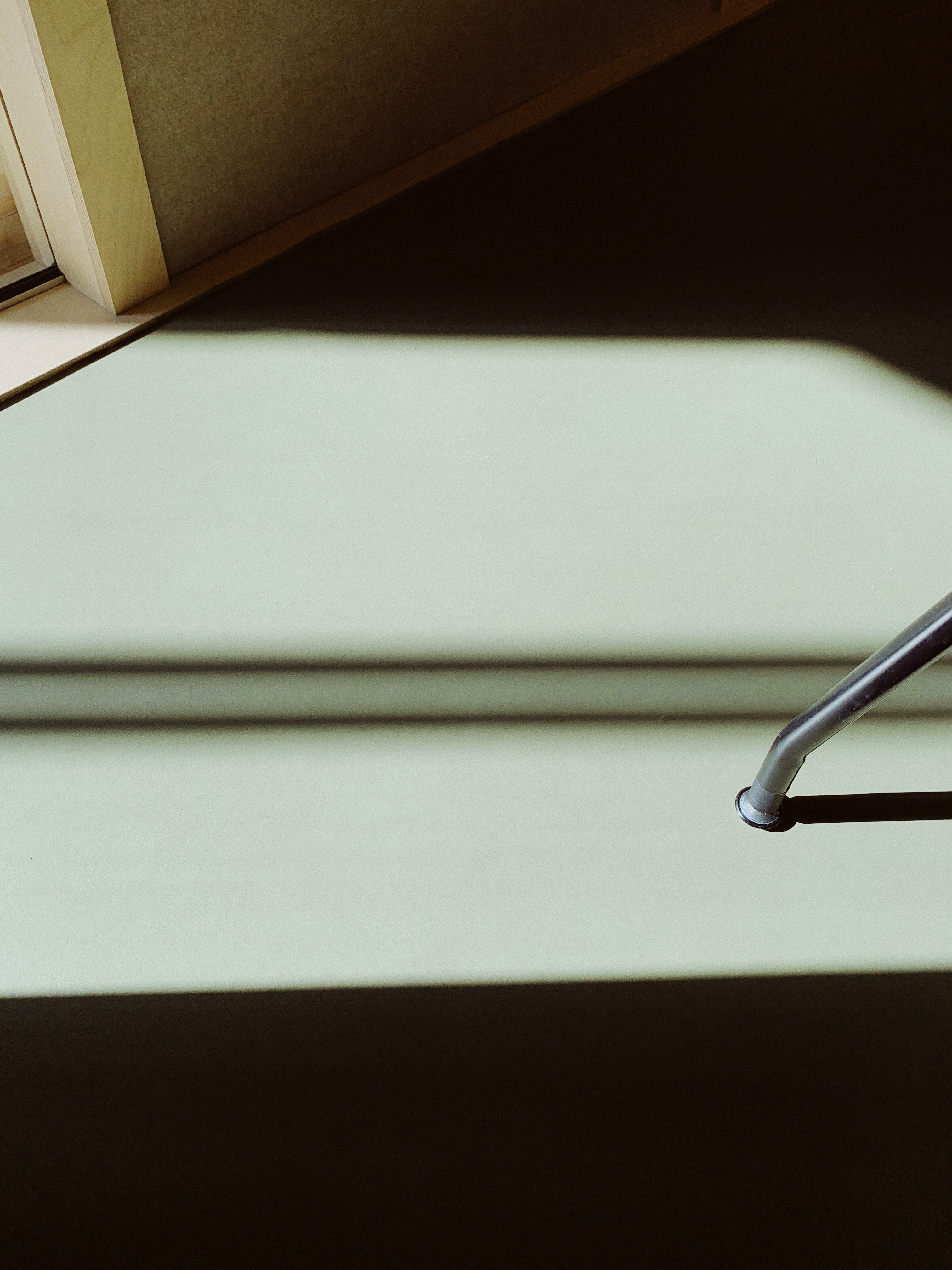Introducing our series in partnership with therapy platform Alma. With their network of licensed professionals, we navigate sex and intimacy as it involves mental health and communication.
“All relationships are learning experiences,” says psychotherapist Gisele Liakos. That’s why, even if you might not be looking for a long-term relationship, stepping into the dating pool can prove beneficial. Dating helps you practice communicating, saying yes and no, and learning more about your wants and needs with regard to intimacy. “Short-term relationships are just as valuable as long-term ones for this type of development and exploration,” Liakos says.
How to learn about yourself while dating
Dating isn’t just about getting to know another person—it helps you get to know yourself. That’s why it’s important to check in with yourself: Think about whether you’ve expressed your boundaries if your date has respected them, and how you feel about the situation. Liakos recommends asking yourself questions like “What can I learn about myself from this experience?” and “What have I learned so far?”
Even if your short-term goal is not a relationship, you can benefit emotionally from dating. “Opening yourself to meeting someone new is, in itself, a practice of trust and intimacy, so these questions can shed light on your relationship to dating itself,” Liakos says. “I will always encourage my patients to get curious. What makes you feel like you are not ready for a relationship?”
How staying single can be beneficial
When you ask yourself these questions, you may discover that you might not be in the right place for a relationship for some good reasons—maybe you’ve had a recent breakup or maybe you don’t have the emotional capacity for a relationship for any other number of reasons. In these instances, dating isn’t off the table, but some alone time may do you some good.
“There are enormous benefits from practicing intimacy while single. In my practice, I’ve seen that one of the most frequent causes of relationship distress is expecting your partner to be the reason for your happiness,” Liakos says. That’s a lot of pressure to put on another person, and it can ultimately result in unhealthy, unbalanced relationships and co-dependency.
When you learn how to spend time alone and practice self-love, you become a healthier version of yourself that sets you up for successful relationships. Then, when you do feel ready to be in a relationship, you can present your best self. If it takes time to get to that point, that’s fine—there are no time constraints to your journey. “I encourage my patients to explore their passions and hobbies and the things that bring them joy,” Liakos says.
Questions to ask yourself:
When you start dating someone new, is the time you spend with them enjoyable? Do you feel like yourself in their company?
What are you looking for in a potential partner? How has that changed over time?
If you meet someone you like, what is holding you back? Is it a real barrier, or an imagined one?
How can you take care better care of yourself whether you’re single or in a relationship?




